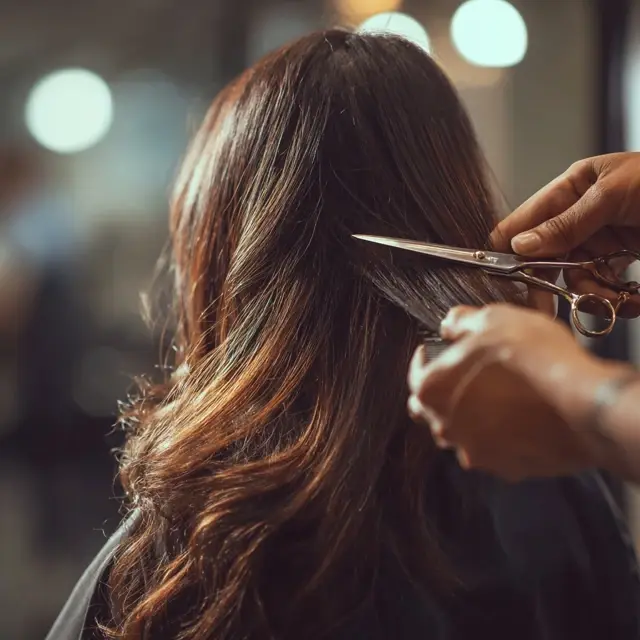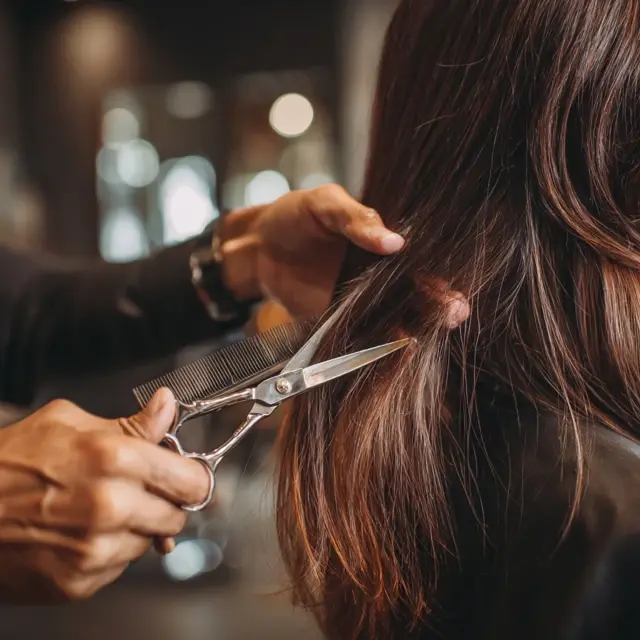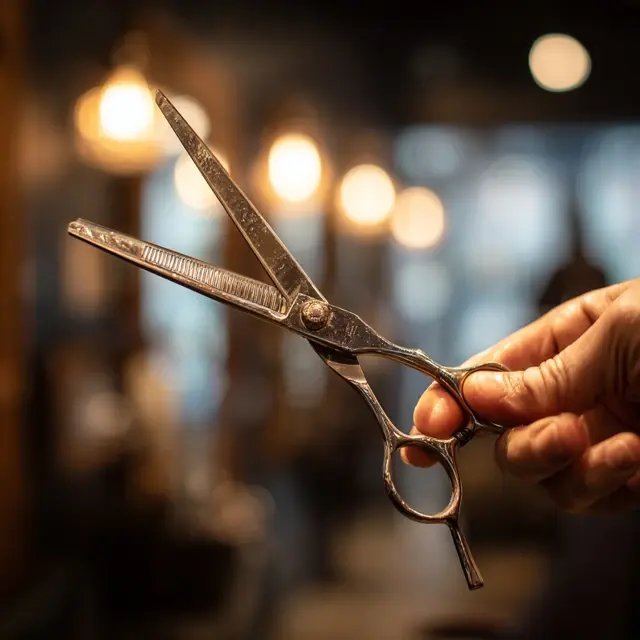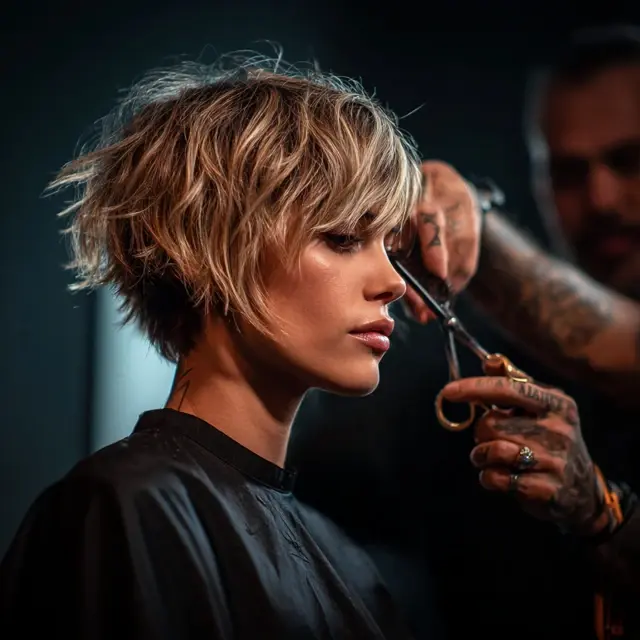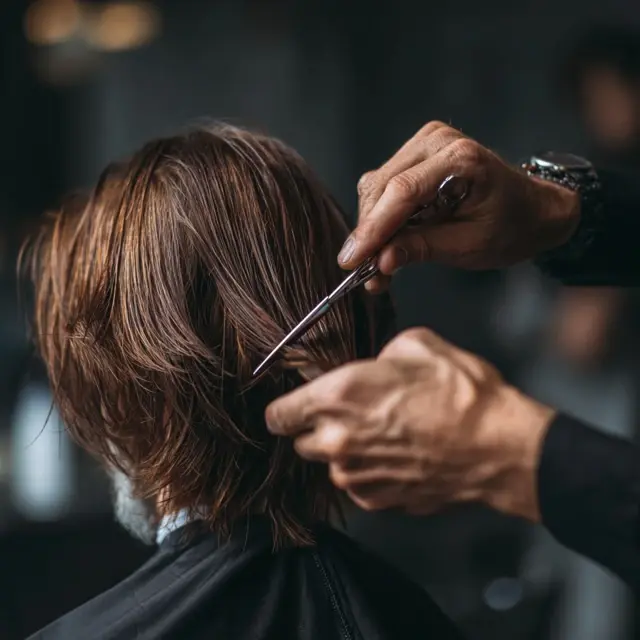Texturizing Hair Scissors: A Stylist’s Secret Weapon
For professional stylists, precision and creativity go hand in hand. While standard hair scissors deliver clean, sharp cuts, texturizing scissors bring artistry to the finish. They allow stylists to add movement, reduce weight, and create seamless blends that transform an ordinary haircut into a polished masterpiece.
What Makes Texturizing Hair Scissors Unique?
Texturizing scissors feature one blade with teeth and one smooth blade. Unlike traditional shears that cut every strand, these scissors selectively remove hair, producing a lighter, more natural finish. This tool is invaluable for:
- Softening blunt edges
- Adding volume and movement
- Creating airy, lived-in styles
- Blending layers for a seamless effect
Essential Benefits for Stylists
1. Enhancing Versatility
With texturizing hair scissors, stylists can adapt to different hair types—whether it’s thick, straight, or curly—making them a versatile tool for any client.
2. Creating Dimension
These scissors allow for controlled weight removal, resulting in styles with depth and movement. This is especially useful in modern layered looks and textured bobs.
3. Reducing Bulk Without Losing Shape
Clients with dense or heavy hair benefit most, as texturizing scissors remove excess weight while maintaining the intended silhouette of the haircut.
Techniques to Unlock Their Full Potential
The Twist and Texturize
By twisting a section of hair and snipping with texturizing scissors, stylists can achieve a feathered, airy effect perfect for beachy waves and casual layers.
The Mid-Length Blend
Targeting the middle portion of a section rather than the ends helps balance volume and avoids heavy, blocky finishes.
Fringe Softening
Using texturizing hair scissors around bangs and fringes creates a soft, natural frame without harsh lines.
When to Reach for Texturizing Hair Scissors
Stylists often use texturizing scissors in these scenarios:
- After completing the main cut to refine the style
- To add movement in straight, fine hair
- To blend extensions with natural hair
- To lighten thick hair without compromising length
Choosing the Right Pair
Not all texturizing scissors are the same. Tooth count plays a major role in results:
- Fewer teeth (10–20): For chunkier texture and bold effects
- Medium teeth (20–30): Ideal for general blending
- Fine teeth (40+): Best for subtle detailing and soft finishes
Pairing them with ergonomic professional hair scissors ensures comfort and precision during long styling sessions.
Tips for Mastery
- Always work on dry hair for clearer visibility of texture.
- Avoid overuse, especially on fine hair, to prevent thinning out too much.
- Start with small snips and build gradually to maintain control.
Conclusion
Texturizing hair scissors are more than just an accessory—they are a stylist’s secret weapon for crafting modern, dynamic, and wearable hairstyles. By understanding when and how to use them, professionals can elevate their craft and consistently deliver stunning results.
